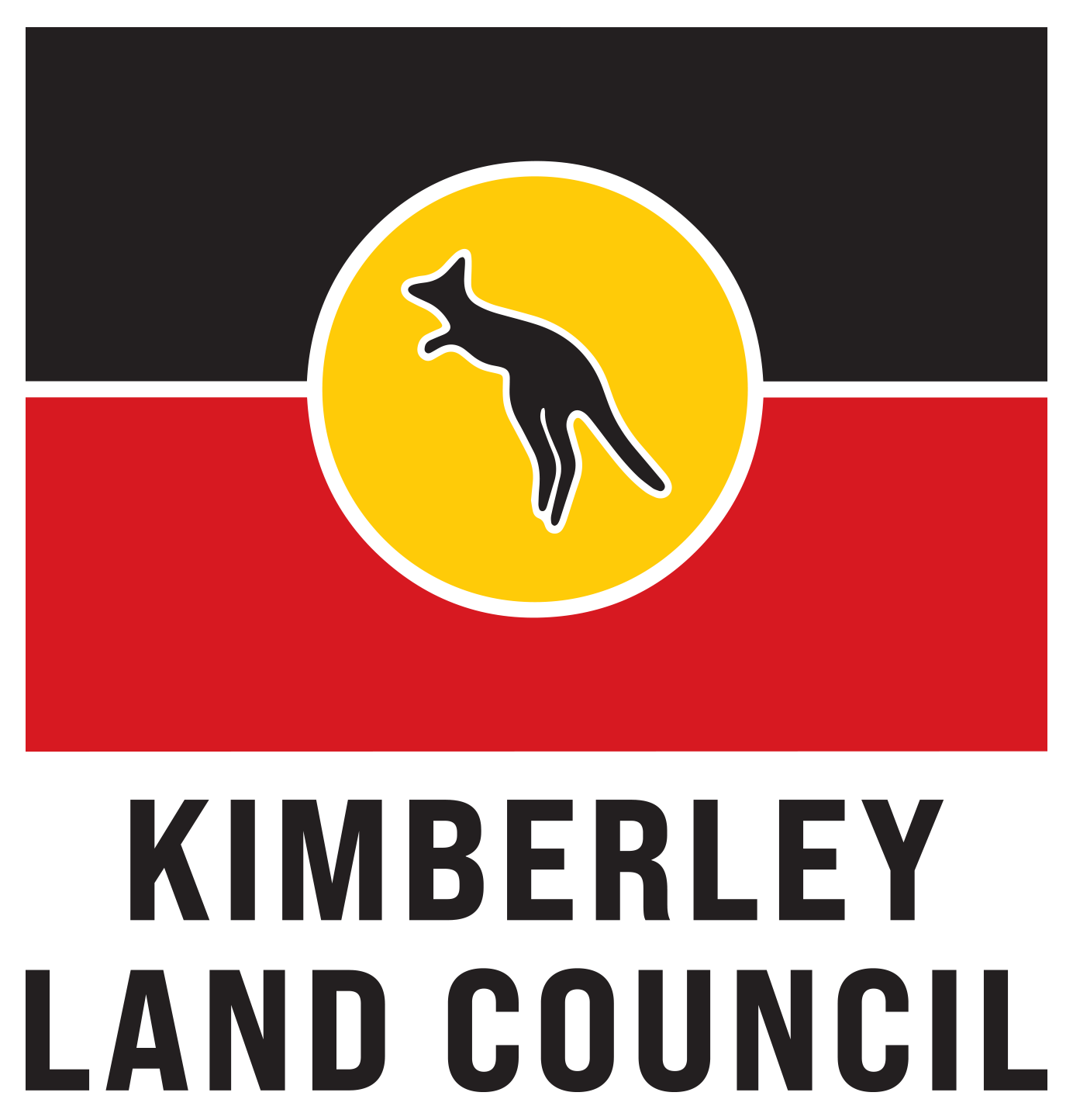
Our Story
Back in the 1970s, Kimberley Aboriginal people started coming together to stand up for our rights as traditional land owners, and as Australian citizens.
No longer willing to put up with poor treatment at stations, evictions from traditional country by leaseholders and discrimination through the justice and legal system, the economy, mining intrusions, and government policies, we started to reclaim our rightful place on country and in society.
In 1978, senior leaders called all Kimberley Aboriginal people to come to the first official meeting of the Kimberley Land Council at Noonkanbah. Our mob came from everywhere – they jumped in the back of utes or hitched a ride across the Kimberley to make it to Noonkanbah to speak up for Aboriginal land and for Aboriginal rights.
“On the first day of the meeting all the representatives of the different communities (more than 30) talked about their own situations and experiences and about the benefits they would get from joining together and sharing their common experience and making their voices one voice, and they decided yes, they would set up a Land Council. And so the KLC arrived.” – KLC Newsletter 1978
At the same time, news came that an international mining company wanted to drill for oil on sacred ground at Noonkanbah, which had only recently become an Aboriginal-owned pastoral lease. Miners had already been exploring for resources at Noonkanbah. Burial grounds and a ceremonial ground had been damaged by bulldozers, and roads were made unusable and fences broken.
Aboriginal people were very upset by these actions, and the lack of respect shown to them and their heritage and culture. People decided they would stand up at Noonkanbah, and say no to mining on sacred ground. It was their country, and they were the ones who had the right to make decisions about what happened on that country.
Tensions were high, with a lot of stand-offs between government, miners, and Kimberley Aboriginal people over Noonkanbah. So, when international mining company Amax, backed and encouraged by the Western Australian Government, decided to drill for oil at a goanna dreaming place (despite the low chances of making a discovery), Kimberley Aboriginal people decided they’d had enough.
Together, they marched from Noonkanbah in protest, and set up a blockade at the river crossing.
The police soon came and locked many of them up, clearing the way for the mining trucks to pass. Amax went on to drill for oil, despite the protests of Kimberley Aboriginal people. And although they did not win that day, Noonkanbah was a turning point for all Aboriginal people and the land rights movement across Australia. It influenced all Australians, black and white, in the way they thought about justice for Aboriginal people.
Today, 40 years later, Kimberley Aboriginal people still stand together as one mob, with one voice, the Kimberley Land Council. Together we continue walking the long road to justice.
"Well we made a point; the mining company can’t do these sort of things, walking into places drilling holes and that’s what they did. At that time Charlie Court was Premier of WA so he got a lot of police involved and a lot of scab drivers; truck drivers to drive out there and they nearly took us. We was sitting in the river near Noonkanbah and there must have been 300 to 400 people sitting in the river singing trying to stop the trucks going in and the police dragged all our vehicles away and chucked us in the back of the van and took us to Fitzroy, and that was the first time in my life I got chucked in jail and I was really terrified. They had us there about 2-3 hours to keep us away from the truckies while they had their way, and the mining company had their way and where they drilled at the time is today destroyed."
